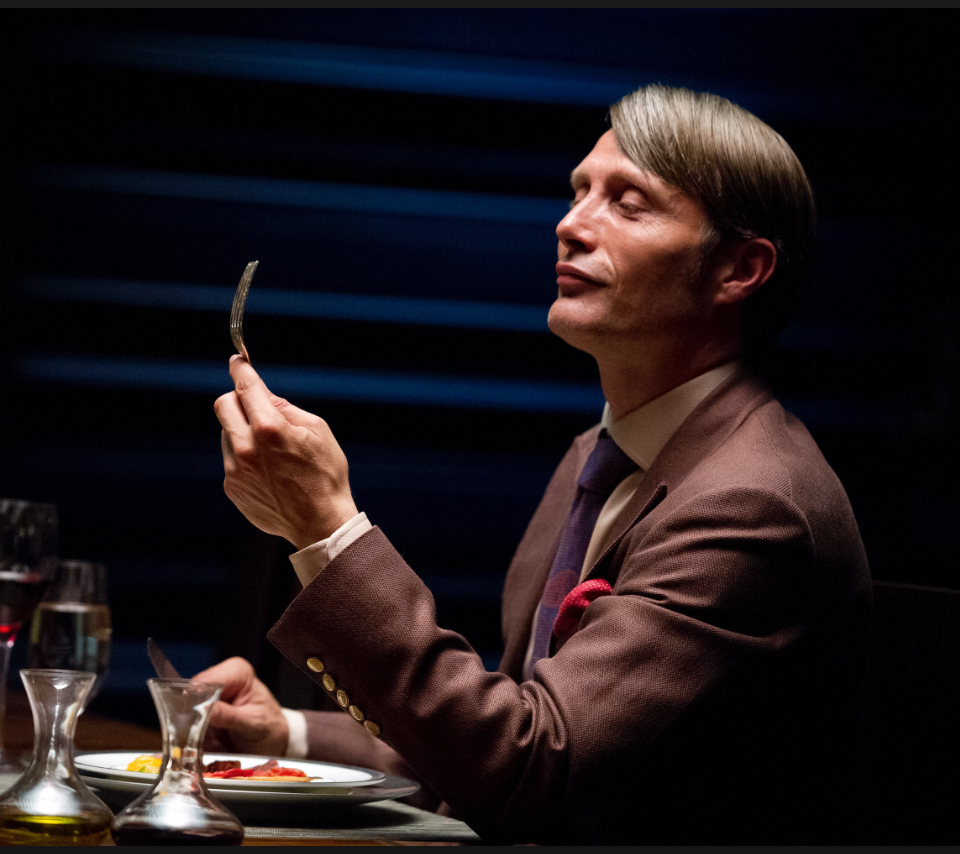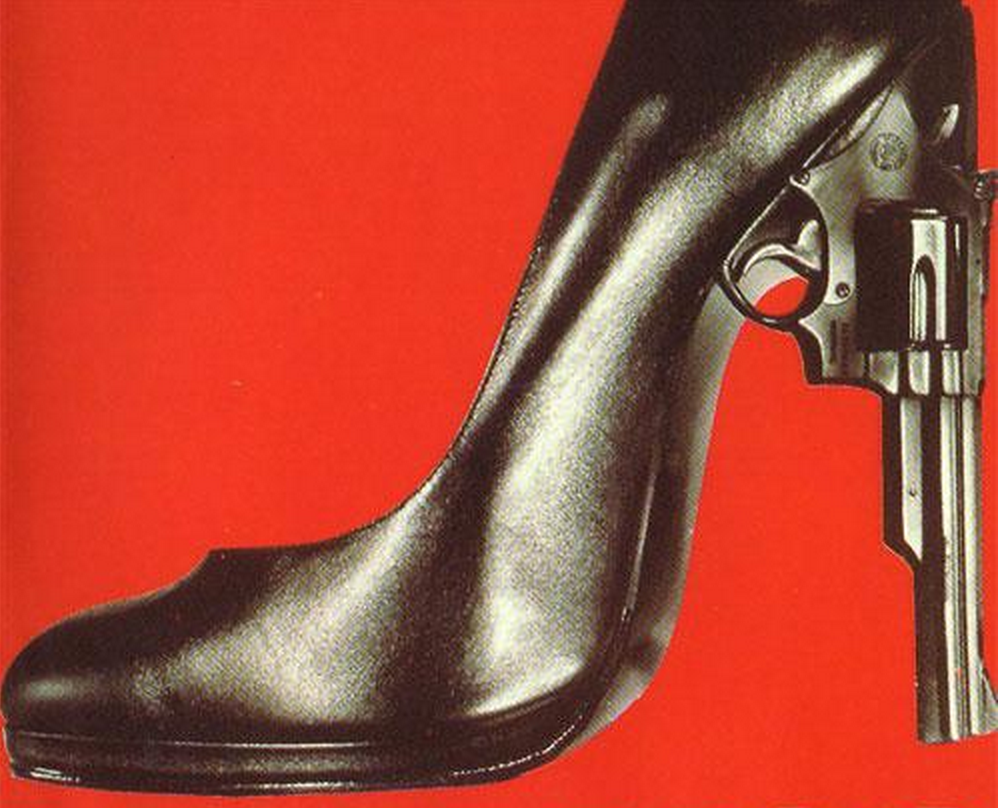 The following is a review I originally published in Word and Film.
The following is a review I originally published in Word and Film.
The season two finale of “Hannibal” airs May 23, and most of us have no clue how it will end even if we’ve read Thomas Harris’ Red Dragon, upon which the series is loosely based. That’s if we’ve been watching at all: The NBC show’s ratings have dipped perilously low though it’s been renewed it for another season.
Yet, aside from Sherlock Holmes, there may be no crime-novel figure who looms as large in our collective imagination as Hannibal Lecter does, and this show goes a long way toward explaining why. Like all of our most terrifying dreams, “Hannibal” seduces us before grabbing us by the throat. Ironically, that seduction relies mightily upon a moral and narrative ambiguity that also may be alienating audiences.
In the movies adapted from Harris’ books about the serial killer, Hannibal Lecter is larger-than-life – so much so that a little of him goes a long way. In 1986’s “Manhunter,” actor Brian Cox bases his portrayal less on the character’s literary antecedent than on the Scottish serial killer Peter Manuel. The effect is plenty chilling but more brutish than we might expect of an aesthete whose declared foe is bad taste. In “The Silence of the Lambs,” “Red Dragon,” and the unfortunate “Hannibal,” Anthony Hopkins’ iconic take is more refined but also so hammy that it’s only palatable in small doses (cannibalism metaphors apparently being irresistible in this context). It’s hard to, ahem, swallow that the doctor wouldn’t eat someone else alive for such showboating, quid pro quo. And let’s not discuss Gaspard Ulliel’s turn as the young Lecter in 2007’s unspeakably bad “Hannibal Rising”; Thomas Harris was reportedly bullied into writing this film and book by those who held the cinematic rights to the character.
Then there’s Mads Mikkelsen’s Hannibal in the eponymously titled NBC show, which swoops in and out of a fidelity to Harris’ books with a discombobulating, off-kilter elegance that is this series’ trademark. Continue Reading →


